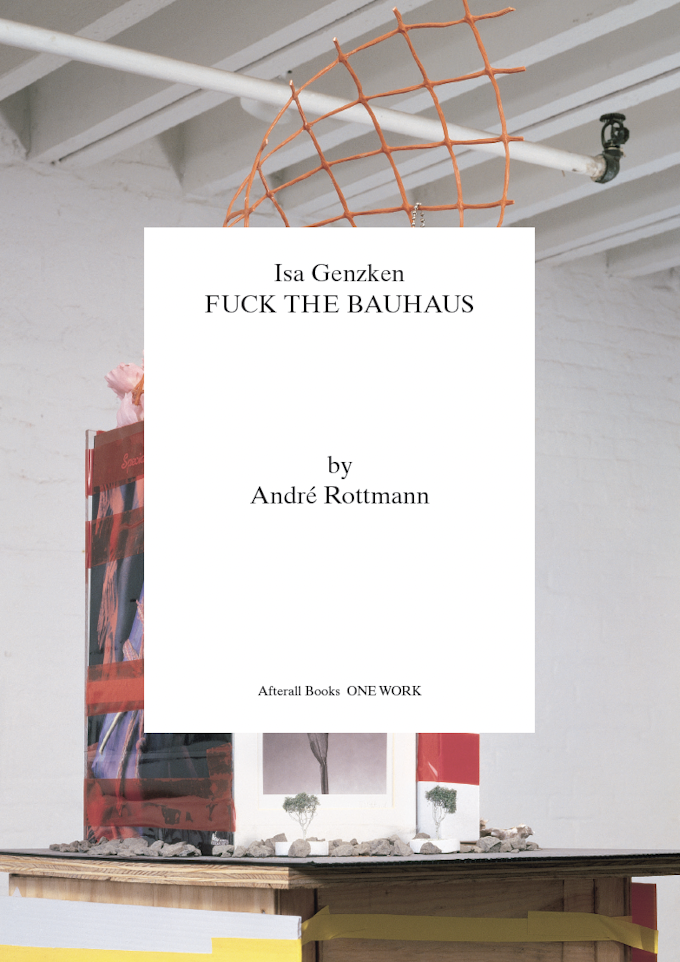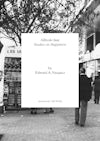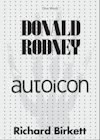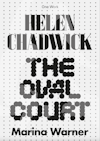Content
Fuck the Bauhaus, a series of audacious architectural models for future high-rise buildings in Manhattan, marks a poetic and provocative shift in Isa Genzken’s artistic oeuvre. Made in the year 2000, out of quotidian objects and cheap materials foraged in the streets and stores of New York, these sculptural assemblages depart from the German artist’s ‘post-Minimalist’ works begun in the 1970s. The earlier works conjured the haunting spectres of catastrophe, destruction and failed utopia, as well as the potential for freedom amidst the ruins of post-War reconstruction culture.
Analysing Genzken’s post-2000 penchant for appropriation, collage and montage, André Rottmann offers a strikingly original reading of Genzken’s move towards merging sculptural and architectural morphologies into a trailblazing practice of contemporary assemblage. Drawing on the writings of Gilles Deleuze and Félix Guattari, Bruno Latour and other theorists of assemblage, Rottmann shows how the artist’s ‘late style’ is not a return to (neo-)avant-garde traditions but a powerful reimagining of them for the contemporary moment.
Paperback 6 x 8 1/2 inches, 104 pp., 33 colour illus., 2024 – £15.99
e-book 104 pp., 33 colour illus., 2024




